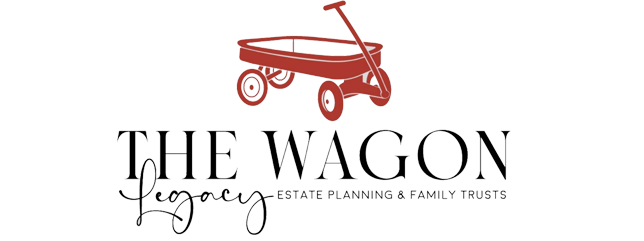As we celebrate the 4th of July with parades, fireworks, and time with family, it’s worth pausing to think about another kind of legacy—the one each of us leaves behind. The Founding Fathers didn’t just shape a new nation; their personal estate plans offer valuable lessons about foresight, values, and the importance of preparing for the future.
From George Washington’s careful instructions to Benjamin Franklin’s vision for community giving, their stories still hold powerful insights today.
George Washington: Clarity and Values
George Washington is remembered as a strategic leader and the first President of the United States, but he also took a thoughtful approach to planning his own affairs.
His will was exceptionally detailed. Among other provisions, he arranged for the emancipation of his enslaved workers upon his wife’s death—a rare and forward-thinking act. He also set aside resources for their education and care.
Lessons We Can Learn:
- Detail Matters: Specific instructions reduce confusion and help carry out your wishes exactly as intended.
- Express Your Values: Your estate plan can be a reflection of your beliefs and commitments.
Thomas Jefferson: When Debt Overshadows Legacy
Thomas Jefferson, the principal author of the Declaration of Independence, struggled with debt throughout his life. Even though he owned large estates and held prestigious positions, he died with significant financial obligations. Settling his estate meant liquidating much of his property and family treasures.
Lessons We Can Learn:
- Address Liabilities: Debts don’t disappear when you pass; they can affect what your heirs receive.
- Keep Your Plan Current: As financial circumstances evolve, updating your estate documents is critical.
Benjamin Franklin: Planning for Generations
Benjamin Franklin took a unique approach to his will by planting seeds for future generations. He established funds designed to grow over centuries, providing loans to tradespeople and financing civic projects. Some of his bequests continued benefiting communities well into the 20th century.
Lessons We Can Learn:
- Think Beyond Today: A well-structured plan can create a lasting impact far beyond your lifetime.
- Incorporate Giving: Charitable provisions can align your estate with the causes you care about most.
Estate Planning in Modern Times
While the Founding Fathers couldn’t have imagined today’s complexities, their stories remind us that estate planning is essential, no matter your wealth or status.
Today, effective planning might also involve:
- Digital Accounts: Managing access to online assets, from social media to cryptocurrency.
- Blended Families: Providing clear instructions for children and stepchildren to avoid misunderstandings.
- Health Care Wishes: Documenting your preferences for medical care and end-of-life decisions.
Take Control of Your Legacy
At The Wagon Legacy, we help clients build plans that protect their families and reflect their personal values. Whether you want to secure your assets, provide for loved ones, or support meaningful causes, our team is here to help you design a clear, thoughtful plan.
As You Celebrate Independence, Think About Your Legacy
This 4th of July, take a moment to consider your own plans. Is your estate plan up to date? Does it protect what matters most to you?
Contact us today at (714) 410-5315 to schedule a consultation. Let’s create a plan that gives you confidence and peace of mind—just as the Founding Fathers did in their time.
